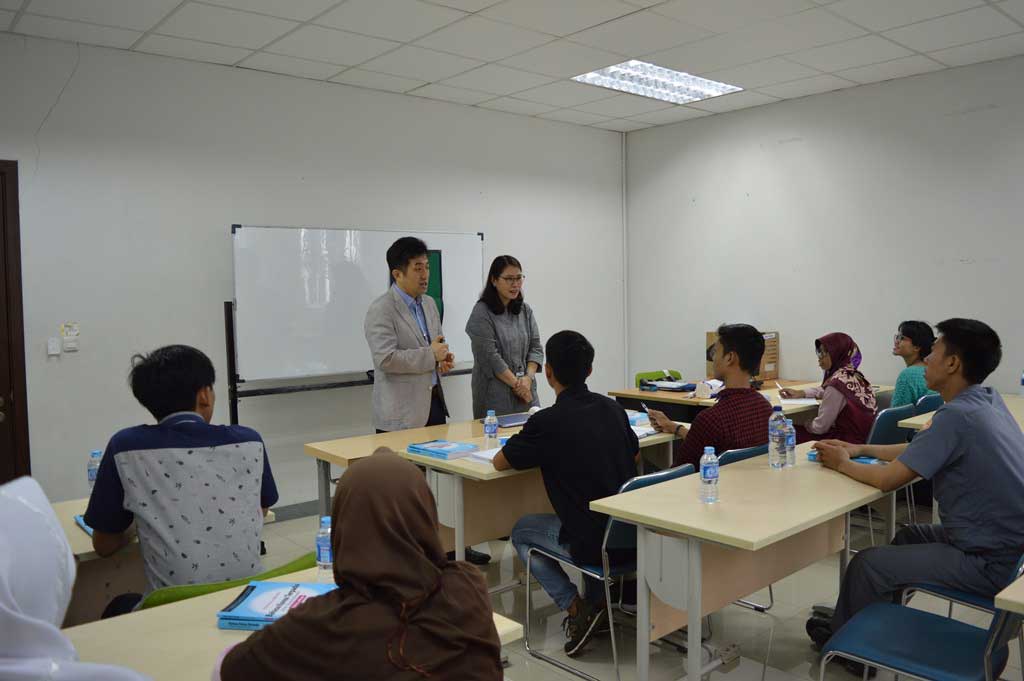 NEW YORK, NY – January 11, 2012 – Social media has dramatically altered the way that agencies and their clients approach consumer engagement campaigns, and in most cases, changed the way in which businesses connect with their target audiences. WORLDCOM Public Relations Group (Worldcom), the world’s leading partnership of independently owned public relations counseling firms, recently asked its Consumer Practice Group partners to share insights on the evolving role of social media as a consumer-engagement tool, as well as trends that will potentially change the way in which social media is incorporated into consumer outreach campaigns in 2012.
NEW YORK, NY – January 11, 2012 – Social media has dramatically altered the way that agencies and their clients approach consumer engagement campaigns, and in most cases, changed the way in which businesses connect with their target audiences. WORLDCOM Public Relations Group (Worldcom), the world’s leading partnership of independently owned public relations counseling firms, recently asked its Consumer Practice Group partners to share insights on the evolving role of social media as a consumer-engagement tool, as well as trends that will potentially change the way in which social media is incorporated into consumer outreach campaigns in 2012.
“Consumer PR, like all forms of public relations and marketing, is fundamentally changing as a direct result of social media and other disruptive online communications channels,” said Will Ostedt, chair of the Worldcom Consumer Practice Group and vice president at The Pollack PR Marketing Group in Los Angeles. “Consumers are expecting to receive and acknowledge communication that is only relevant to them – anything else is ignored or disregarded. The future of consumer PR is to find ways to make messages relevant to consumers and to reach them using the right channels.”
The discussion revealed five emerging trends that partners from the (EMEA) European Middle East Africa, Asia Pacific and America’s regions all agree will dramatically affect their approach to consumer engagement campaigns on behalf of their clients.
Location, Location, Location: Worldcom’s Consumer Practice Group is seeing a shift to more localized social-media programs that are better able to target consumers and key into their unique values and cultural circumstances. These programs are not only aimed at engaging consumers and encouraging them to share their “brand love” with others, but also encouraging them to share their dollars with their local retailer.
Filtering the Noise: Consumers are learning how to maximize social media tools to fit their personal needs, first and foremost, by eliminating noise. A fundamental need to filter information, combined with emerging filtrations systems – such as Google+, in which the information one sees is increasingly determined by past behavior and/or personal desire – means organizations will have to continually find new ways to permeate permission-based news streams in order to be seen and heard. More importantly, organizations will need to make themselves and their content relevant to a more defined audience.
Depth over Breadth: The onset of social media has sent most consumers scrambling to widen their social networks, in an effort to secure the most friends and followers – in complete disregard of boundaries, privacy and relevancy to their interests and belief systems. Beginning in 2011, a noticeable shift occurred where the depth of consumer networks became more important than their breadth. As consumers increasingly look to better meet their thirst for information that is relevant to their interests and lifestyle, the Worldcom Consumer Practice Group sees consumers limiting their engagement to the people and brands that best connect with their personal lifestyle in the confines of niche social networks, customized specifically for their interests.
Mobile is the New PC: The dramatic and disruptive rise of smart phones, tablets, eReaders and computerized mobile devices over the past two years has fundamentally changed how consumers interact. The result of this disruption is that the modern consumer is always connected, interacting in real time and vetting the relevance of bite-sized information on an ongoing basis. The Worldcom Consumer Practice Group identifies that due to this dramatically upward trend of mobile computing, brands and products will also need to be connected at all times and deliver real-time response and interaction with their consumers.
Twitter Surge: The launch of Apples’ iOS 5 in 2011 was met with much fanfare as the new operating system’s “bells and whistles” delighted current Apple mobile users and served as the impetus for others to make the switch to devices running iOS5. But, buried in all of the “Cloud” talk, is the fact that iOS5 provides consumers with direct Twitter integration. Having the social network woven into the fabric of mobile OS’s should lead to a broadened acceptance of Twitter as a part of everyday functionality, and increase users’ activity on the service.
“As social media continues to evolve in 2012, communication pros have the best opportunity and the most relevant skill set to guide organizations to build meaningful consumer engagement versus being purely content pushers,” added Dawn Doty, co-chair of the Worldcom Consumer Practice Group and vice president/partner with Denver-based Linhart Public Relations. “As the new year begins, we encourage all communication pros to continue to muscle into the discussions that matter within their organizations to maximize the channels that now allow this authentic consumer engagement.”
About the Worldcom Consumer Practice Group
The Worldcom Public Relations Consumer Practice Group is a multinational partnership of PR firms who cumulatively have the broadest experiences and expertise across the spectrum of consumer products and services. Partner agencies create a powerful professional entity, affording clients a local, national, and international industry perspective, resulting in a competitive advantage for clients.
About Worldcom Public Relations Group
Established in 1988, Worldcom Public Relations Group is the world’s leading partnership of independently owned public relations counseling firms, with 107 partner agencies worldwide, in 91 markets, in 46 countries, across six continents. With more than 2,100 employees, and revenue of more than US$260 million, partners collectively serve national, international and multinational clients seamlessly, while retaining the flexibility and client-service focus inherent in independent local agencies. Through Worldcom, clients have on-demand access to in-depth communications expertise from professionals who understand the language, culture and customs of the geographic arenas in which they do business.









Leave a Reply